India’s first-of-its-kind facility dedicated at Hunsur to study, treat and combat snakebites
By Raghu Hunsur
In a landmark initiative aimed at tackling India’s persistent snakebite crisis, Liana Trust, in association with Karnataka Forest Department, has opened India’s first dedicated facility for snakebite research, management and mitigation at Rathnapuri in Hunsur, Mysuru district.
This state-of-the-art Serpentarium will house medically significant snake species, facilitating crucial research to develop effective treatments and mitigate human-snake conflicts.
The facility will focus on key areas such as studying human-snake interactions, providing venom samples free of charge for life-saving anti-venom production and testing mitigation strategies to reduce snakebite incidents. Additionally, it will serve as a training hub for snake conservation, snake husbandry and snake research, nurturing future experts in the field.
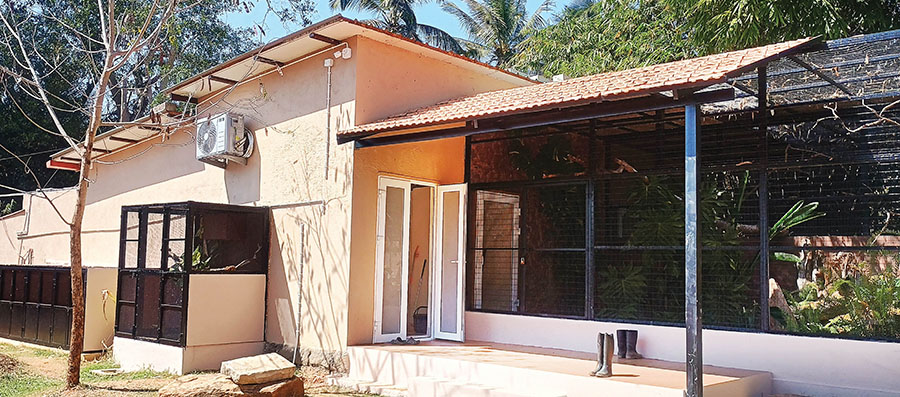
Scientific collaboration
The Karnataka Health Department, which was the first in India to declare snakebite a notifiable disease, has played a pivotal role in ensuring accurate data collection for better public health interventions. The Karnataka Forest Department has actively supported measures to address the ecological and human impact of snakebite-related conflicts.
Scientific contributions from the Evolutionary Venomics Laboratory at the Indian Institute of Science (IISc.), Bengaluru, have highlighted venom variations across India, revealing the need for region-specific anti-venoms. The Serpentarium aims to develop these specialised treatments, focusing on the unique venom profiles of Karnataka’s snake populations.
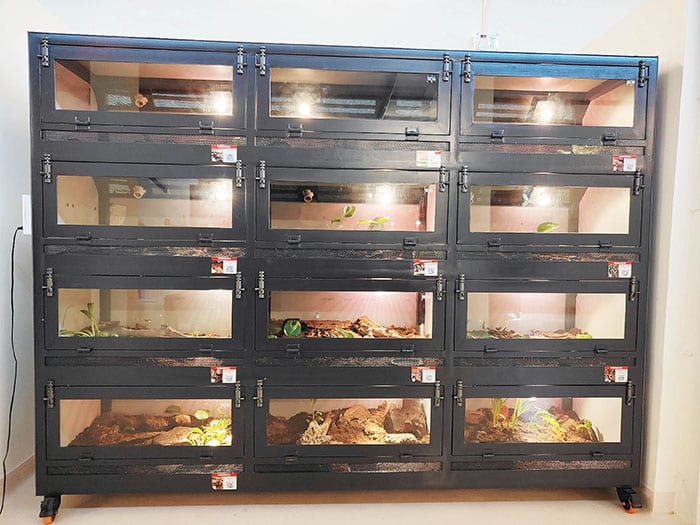
Venom extraction process
Biologists Gerard Martin, Kiran Prabhu, Lisa Gonsalves and Avinash are associated with the Serpentarium. It extracts venom only upon instructions from the Forest Department, with the quantity averaging around five grams per month, depending on the requirements of anti-venom manufacturers.
The snakes are sourced from non-protected areas in Karnataka, with approximately 80 snakes housed at the Serpentarium including Spectacled Cobra, Saw Scaled Viper, Russell’s Viper, Common Krait, Hump Nosed Pit Viper, Malabar Pit Viper and King Cobra. The Lab adheres to venom extraction standards prescribed by the World Health Organisation (WHO).
The extracted venom is supplied to companies producing Karnataka-specific anti-venom, with approvals from the Forest Department. It is also provided to research institutions such as the Evolutionary Venomics Lab at IISc.
In addition to the ‘big four’— Spectacled Cobra, Common Krait, Russell’s Viper and Saw-Scaled Viper — biologists plan to collect venom from the Malabar Pit Viper, Hump-Nosed Pit Viper and the world’s largest venomous snake, the King Cobra. The ‘big four’ are responsible for a significant number of snakebite-related fatalities in the country.
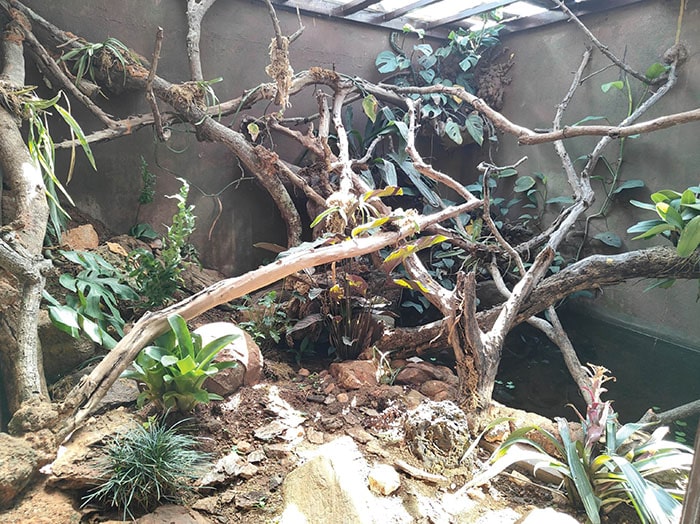
Community engagement
The Liana Trust, in partnership with The Humane Society International/India, has been spearheading a human-snake conflict mitigation project in Mysuru district. This includes public awareness programmes, a WhatsApp chatbot for snakebite education and the distribution of over a thousand snakebite mitigation kits containing gumboots, mosquito nets and torches. The initiative has also conducted studies on the psychological effects of snakebites and ecological research on Russell’s Vipers in human-dominated landscapes.
Rushikesh Chavan, Head of The Habitats Trust, which has supported these efforts, emphasised the importance of scientific solutions to address what he called a “wicked problem.” He remarked, “We worship snakes, yet we kill them. Snakebites have been normalised to the point that lives lost go unnoticed. Through this partnership, we aim not just to improve anti-venom research but to find a lasting solution.”
With India accounting for the highest number of snakebite deaths globally, this pioneering facility marks a significant step towards reducing fatalities and promoting coexistence between humans and snakes.
Note: The Serpentarium is established purely for research purposes and is not open for public.
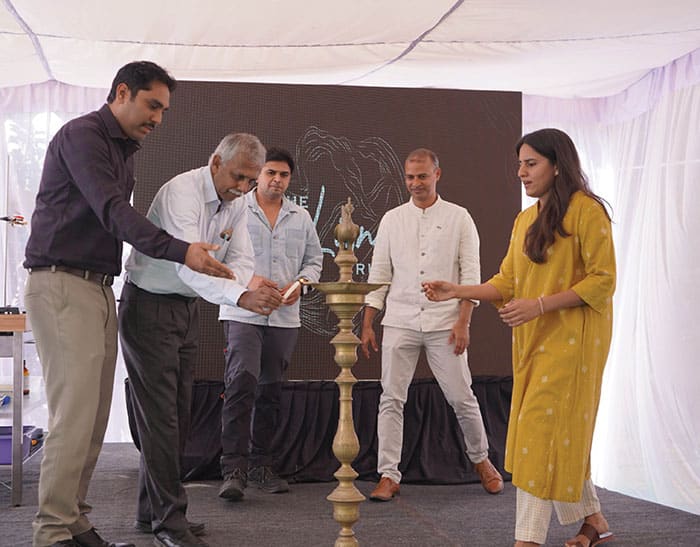
Commendable initiative
For the past 40 years, Mysuru’s noted snake rescuer and wildlife conservationist M.S. Balasubramanya, popularly known as Snake Shyam, has been raising awareness about snakes. Shyam, who started his journey in 1976, said it was challenging to educate people about snakes back then. Now, the Serpentarium at Hunsur has made it easier for people to understand different species of snakes.
Meanwhile, Gerard Martin, Co-founder of Liana Trust, said, to mitigate human-snake conflicts, the Forest Department, along with Liana Trust, has taken necessary measures recognising the seriousness of the issue.



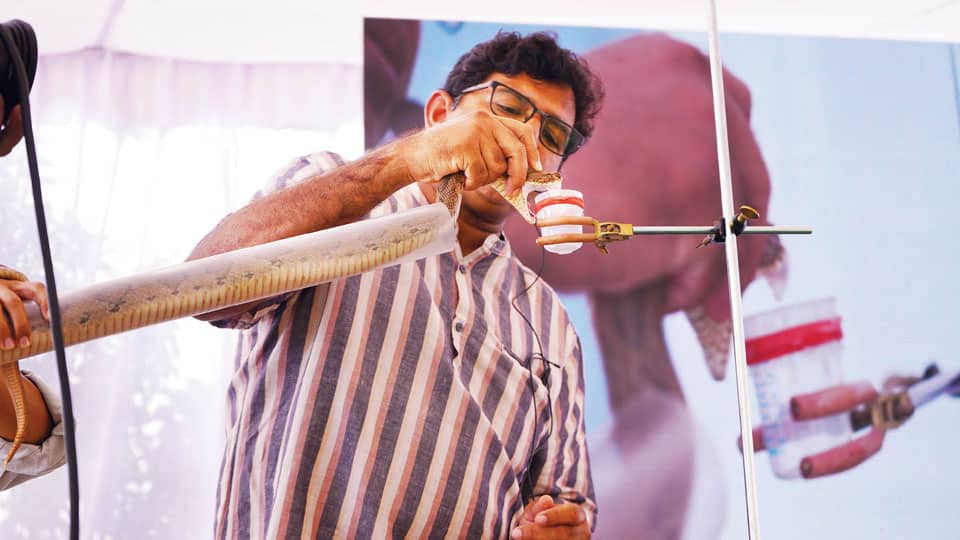

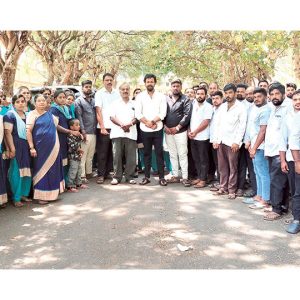

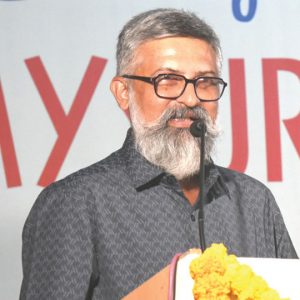
Recent Comments